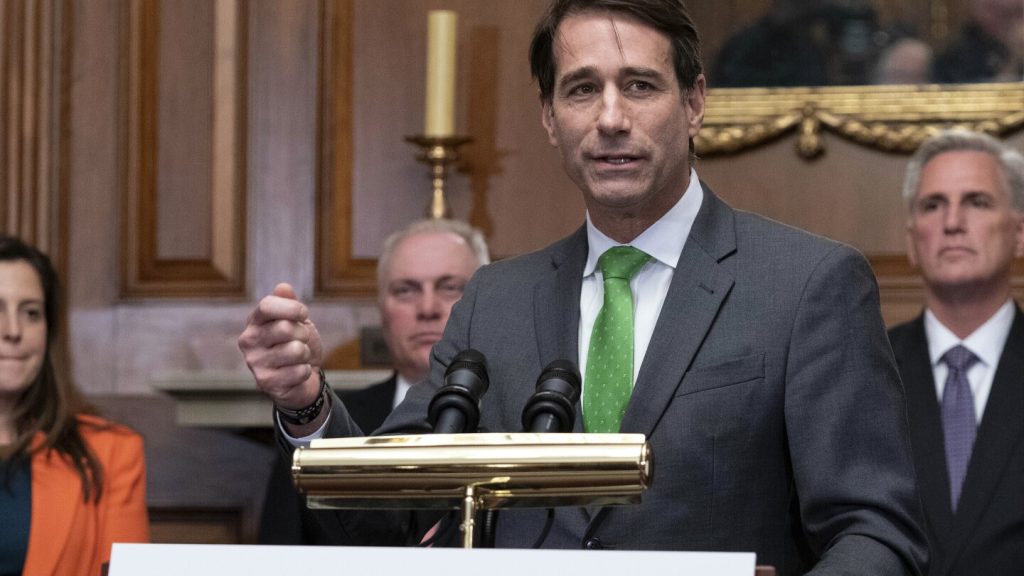Three federal judges in Louisiana are facing a complex legal challenge regarding the state’s new congressional maps, with politics and race playing significant roles in the controversy. The new map, approved with the support of Governor Jeff Landry, creates a mostly Black congressional district in the state, potentially leading to a shift in power as a Democrat is more likely to be elected from such a district. However, a group of non-African American voters have filed a lawsuit alleging illegal racial gerrymandering in the creation of this new district.
Supporters of the new map argue that politics, rather than race, was the driving force behind the boundary lines of the new district. They claim that the map was designed to protect most incumbents and comply with the federal Voting Rights Act by creating a second majority Black district in Louisiana. Republican backers of the plan emphasize the importance of safeguarding GOP-held House districts, including those of influential figures like House Speaker Mike Johnson and Majority Leader Steve Scalise. The decision to place Republican incumbent Rep. Garret Graves in the new mostly Black district is cited by the map’s supporters as evidence that race was not the sole motivation.
State Senator Cleo Fields, a Black Democrat, has already announced his candidacy in the newly formed district, setting the stage for a potentially contentious election. The ruling of the three judges overseeing the case is expected to have significant implications and may ultimately be appealed to the U.S. Supreme Court. With time running short before the fall elections, state election officials stress the urgency of a decision to finalize the configuration of the congressional districts in Louisiana.
The controversy over the congressional maps in Louisiana arose due to the redrawing of district lines by the Legislature to reflect population shifts based on census data. The state’s Republican-dominated Legislature approved a new map in 2022 that favored all six current incumbents, leading to a court challenge and subsequent injunction issued against the map by a federal judge. Following a series of legal battles, a specially called session was held to redraw the map, resulting in the creation of a new mostly Black district that spans diagonally across the state.
Despite the creation of a new majority Black district, the plaintiffs in the case argue that the new map results in the explicit racial segregation of voters. The judges overseeing the case, including two appointed by former President Donald Trump and one by former President Bill Clinton, have not provided a timeline for their ruling. With upcoming elections looming, the decision on the legality of Louisiana’s new congressional maps is eagerly awaited by all parties involved in the controversy.


